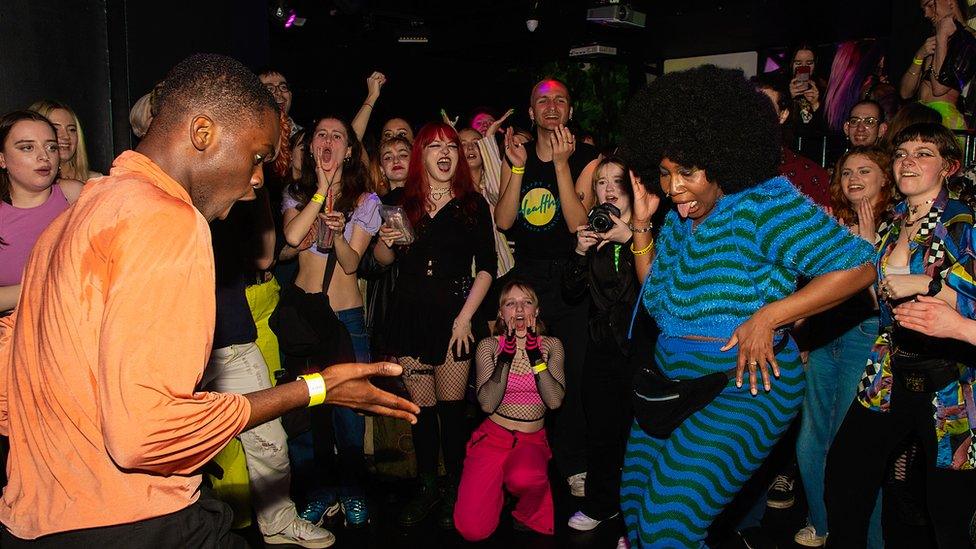Reports of LGBT hate crimes rise by more than 50% in West
- Published
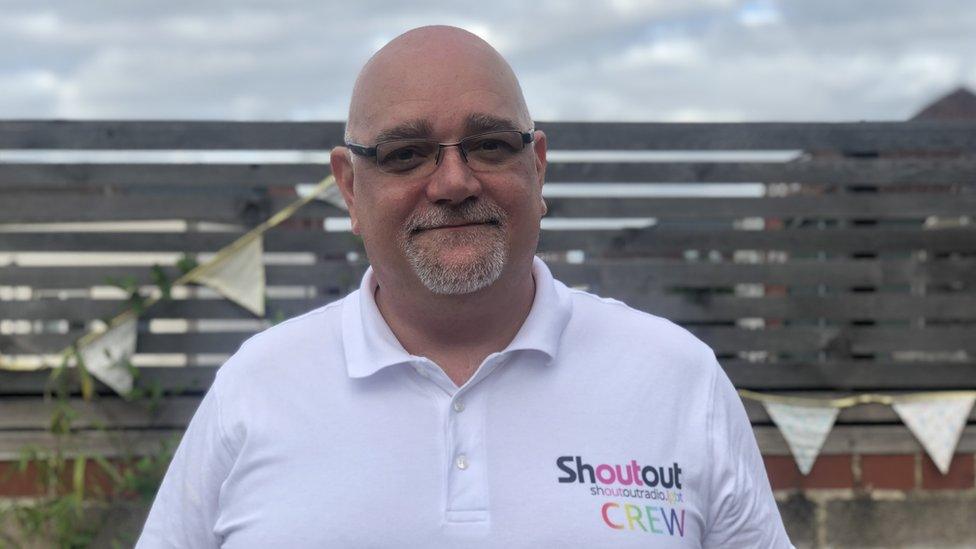
Andy Shilton said people "feel it is easier to shout abuse" since the pandemic
Reports of LGBT hate crimes have risen by more than 50% in the West in two years.
Figures from three police forces reveal a total increase from 712 reported incidents in 2019, to 1,109 in 2021.
One force said the numbers could relate to an improved "trust and confidence" in reporting.
Steffi Barnett, who presents an LGBT radio show in Bristol, said current attitudes towards transgender people were "vociferous" and "horrible".
The figures were released following a Freedom of Information (FOI) request into Avon and Somerset, Wiltshire and Gloucestershire police forces.
Individually, reports of such incidents rose 38% in Avon and Somerset, 72% in Gloucestershire and 149% in Wiltshire during the two-year period.
LGBT hate crimes target the sexual orientation or gender identity of people who are lesbian, gay, bisexual, transgender or non-binary.
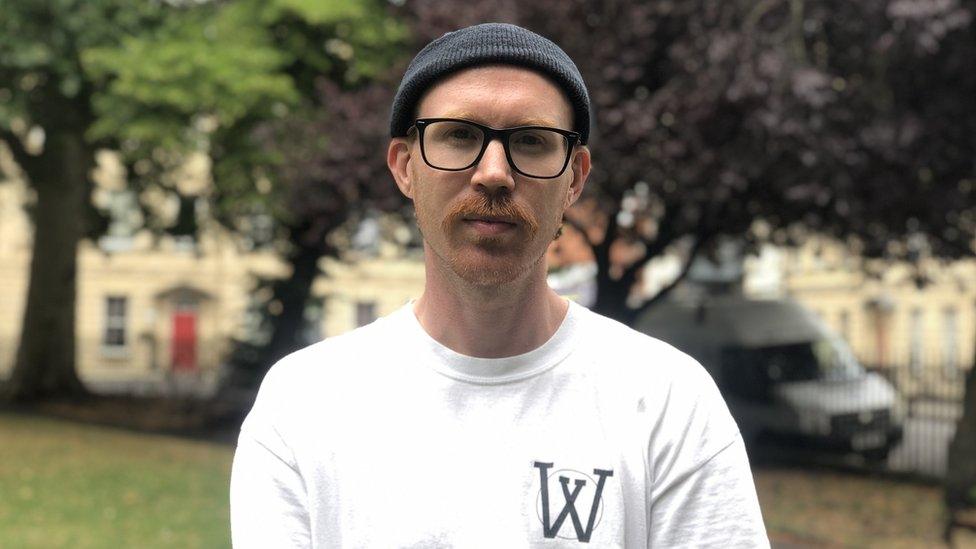
Tim Birkbeck said the LGBT community tend to encourage each other to report hate crimes
Andy Shilton, who co-presents the Shout Out radio show with Ms Barnett, said he would not hold his husband's hand in public due to fears of abuse.
"I wish it was something that would go away but even a few weeks ago we were in Old Market, which is known as the gay quarter of Bristol, and a car drove past and [the people inside] shouted offensive language at us out the window," he said.
Mr Shilton feels the situation has become worse since the pandemic.
"I think people are less tolerant at the moment. They feel it is more OK now to be quite vocal about it and be quite anti-LGBT. It's certainly something I've observed since we've come out of Covid."
Ms Barnett said things had "got really bad" for the transgender community in recent years.
She believes transgender people are being politicised, with the media and politicians using "fiery language" when talking about "trans youth".
She said politicians "attack" transgender people "just for votes".
"I don't know why they want to pick on such a small percentage of the country.
"It's just not a good climate at the moment for the trans community, they're taking a big hit," she said.
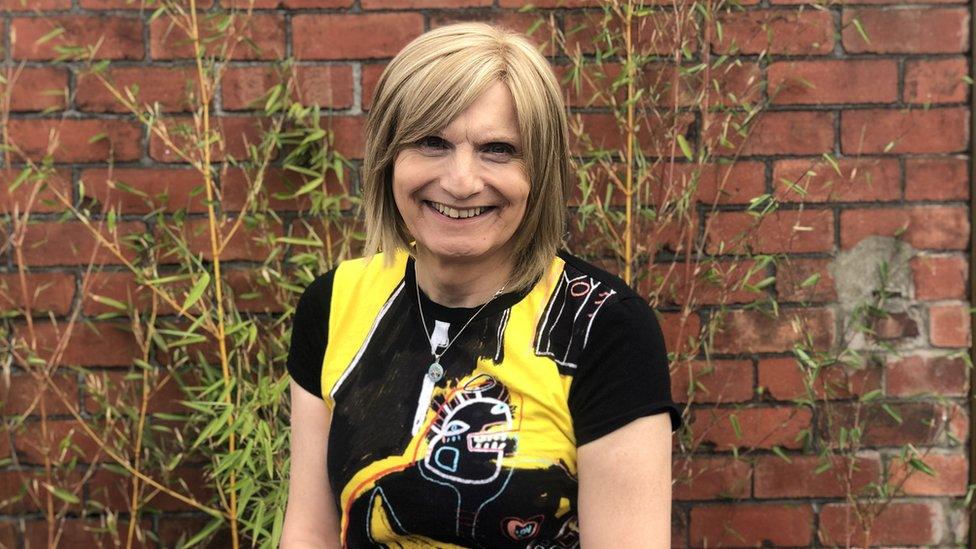
Ms Barnett believes right-wing politics have led to worsening attitudes towards transgender people
Tim Birkbeck, the LGBT lead for Stand Against Racism and Inequality (SARI) said: "We're seeing more people coming out as gay or non-binary in celebrity culture, which trickles down into what we see in general society.
"But there's still a stigmatism with that which leads to people having prejudice towards those people, not understanding it, and when they see something they don't understand they react in a hateful way."
He hoped the rise in reported incidents partly represented an increase in people feeling more comfortable to go to the police, but he said LGBT hate crimes were still "largely under-reported as a whole".
Ms Barnett said her partner, who is non-binary, receives verbal abuse "on a daily basis" when commuting but she does not report it because "it happens too often".
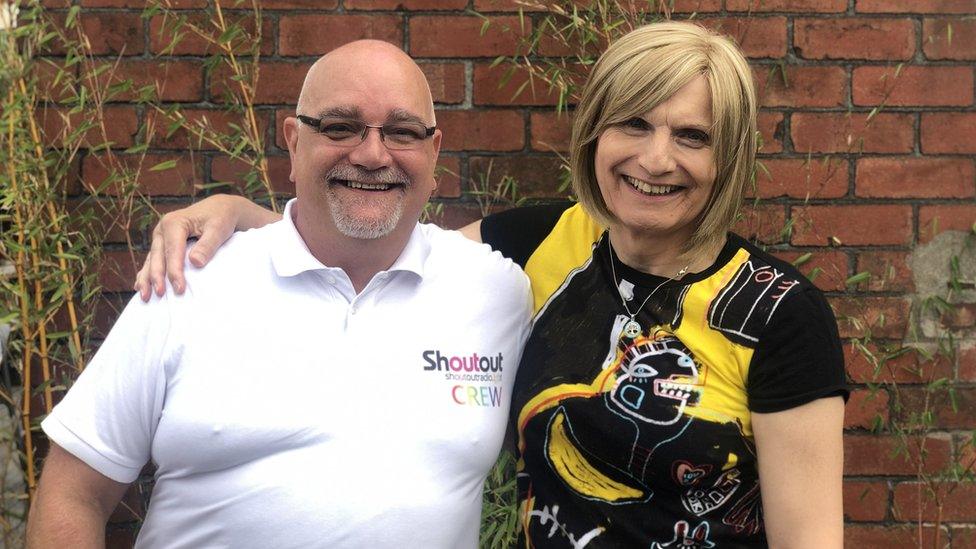
Andy and Steffi present a radio show called Shout Out, which covers LGBT issues
Ch Insp George Headley, from Avon and Somerset Police, said: "Historically there's been national recognition of under reporting of hate crime and a lot of hard work has gone in between the police, partners and working with communities to try to improve trust and confidence in reporting."
He said any victim of an LGBT hate crime should report the matter to the police.
"They will be listened to, their report will be taken seriously and appropriate action will follow."
He said the reports also help police to "get a better understanding of the incidents that are taking place in society".
A Wiltshire Police spokesman said: "We have seen increased reporting of instances of LGBT hate crimes and we know that such crimes are often under-reported.
"We have put a lot of work into increasing awareness and encouraging victims to come forward. We hope that more people feel comfortable reporting instances to us."

Follow BBC West on Facebook, external, Twitter, external and Instagram, external. Send your story ideas to: bristol@bbc.co.uk , external
- Published4 February 2022
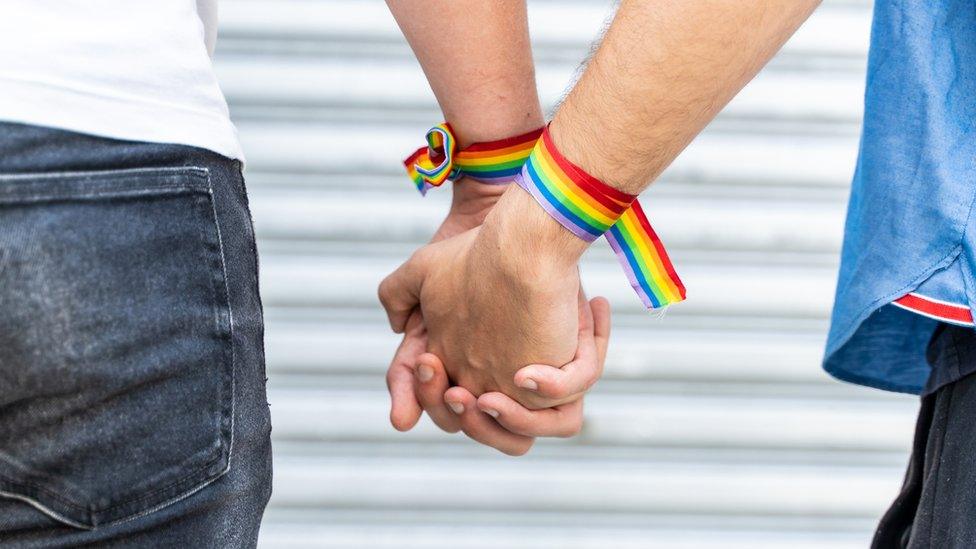
- Published9 October 2020
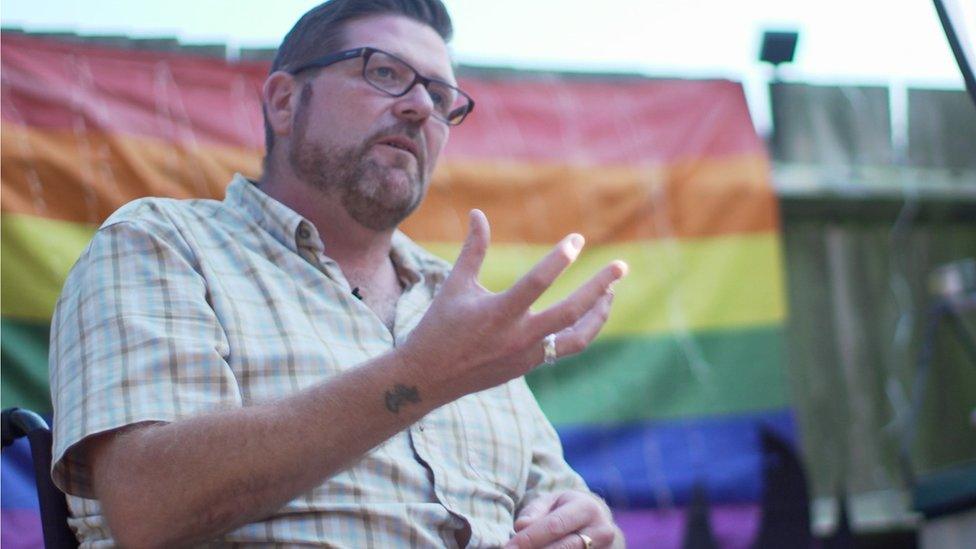
- Published10 July 2021
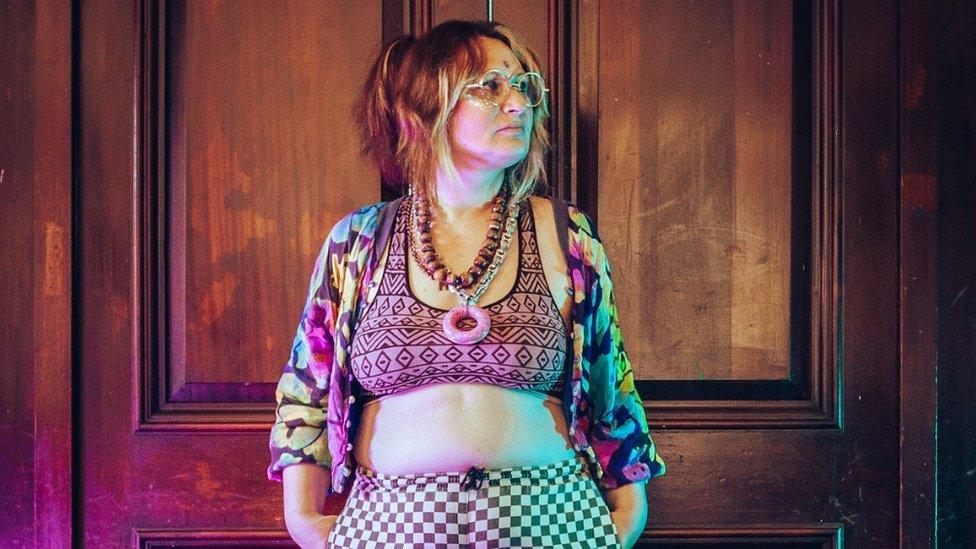
- Published30 January 2022
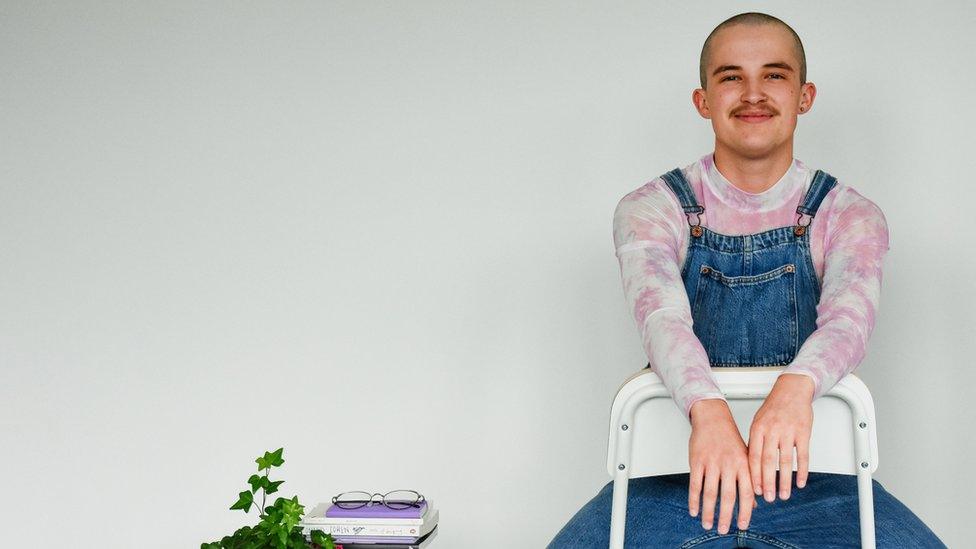
- Published30 July 2022
